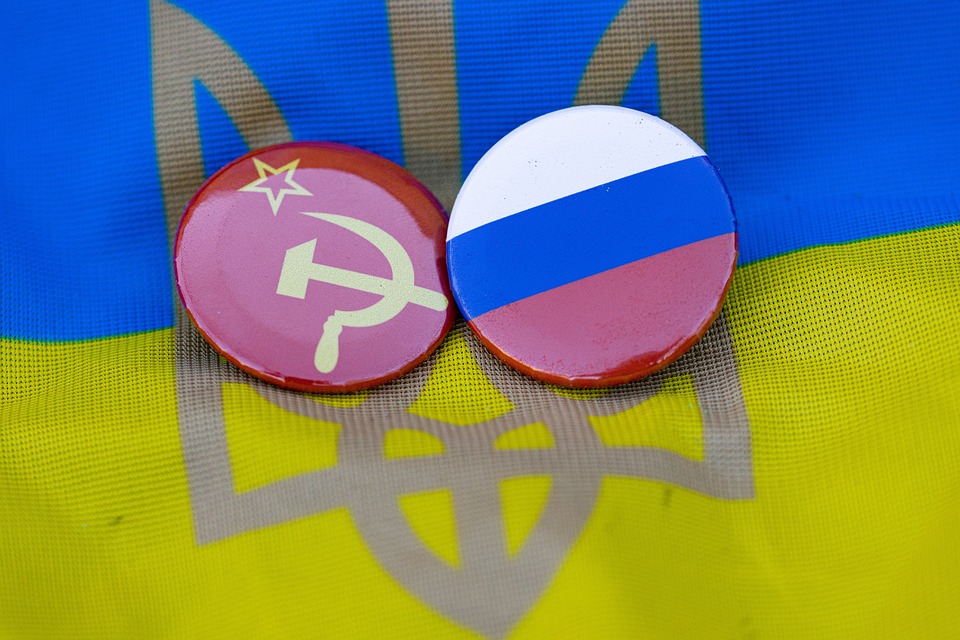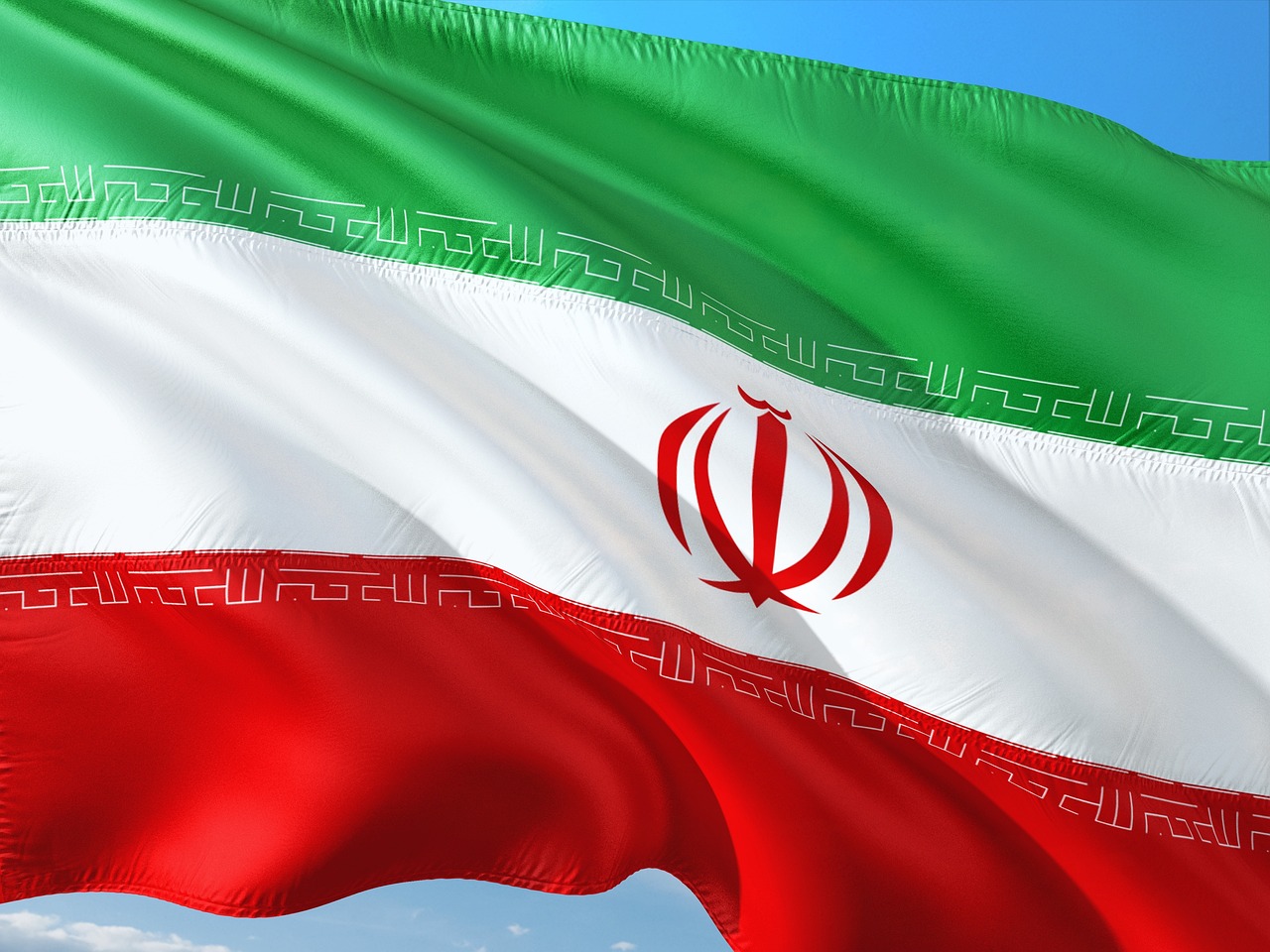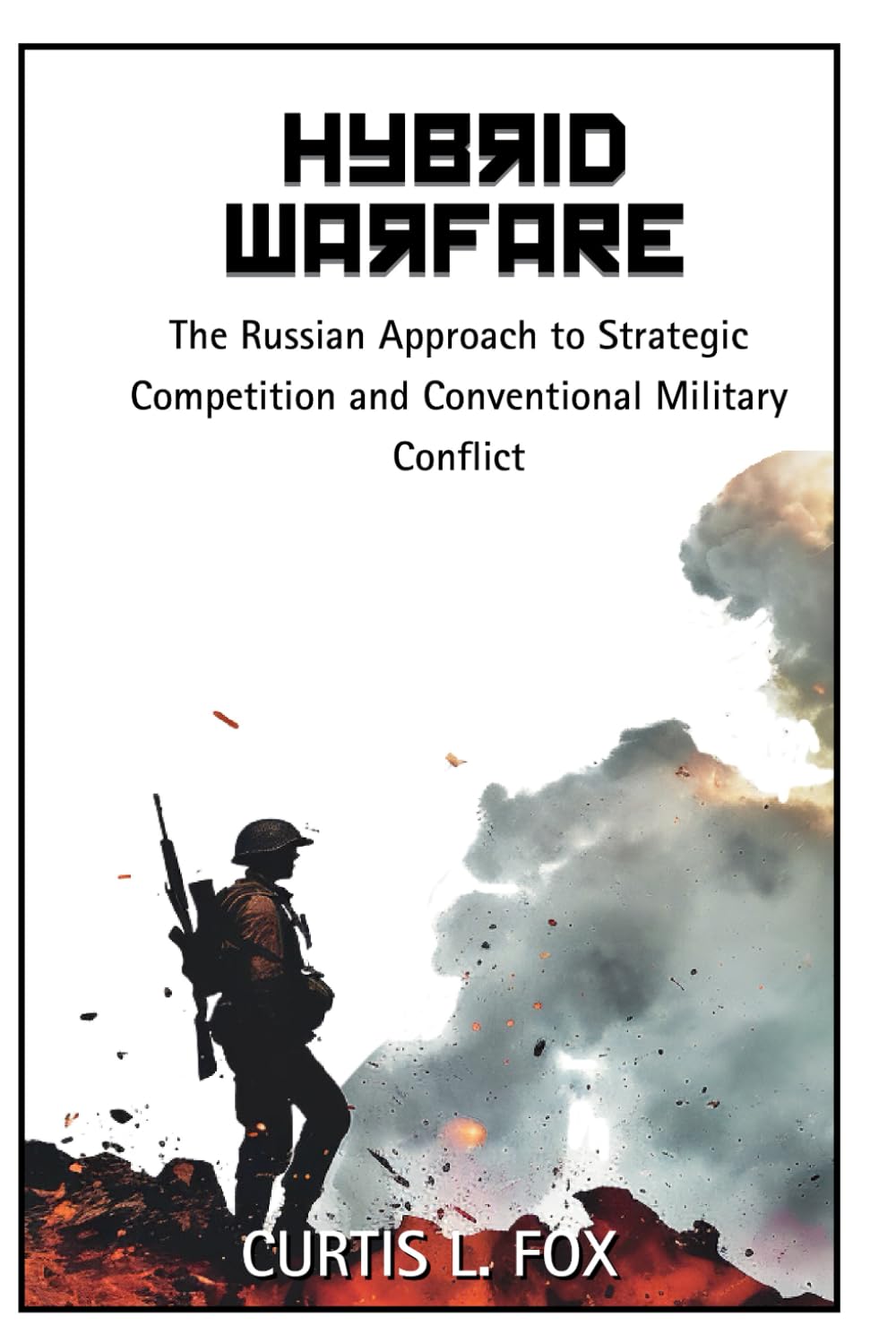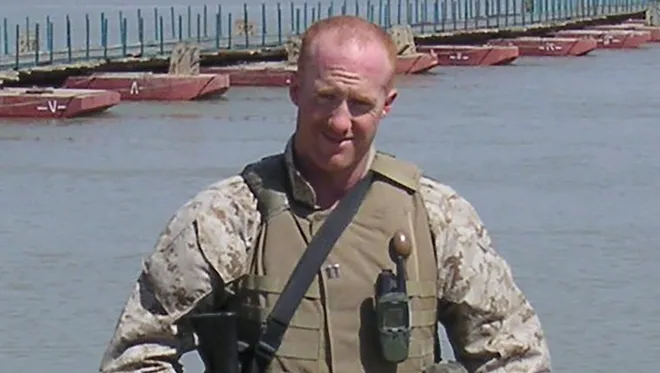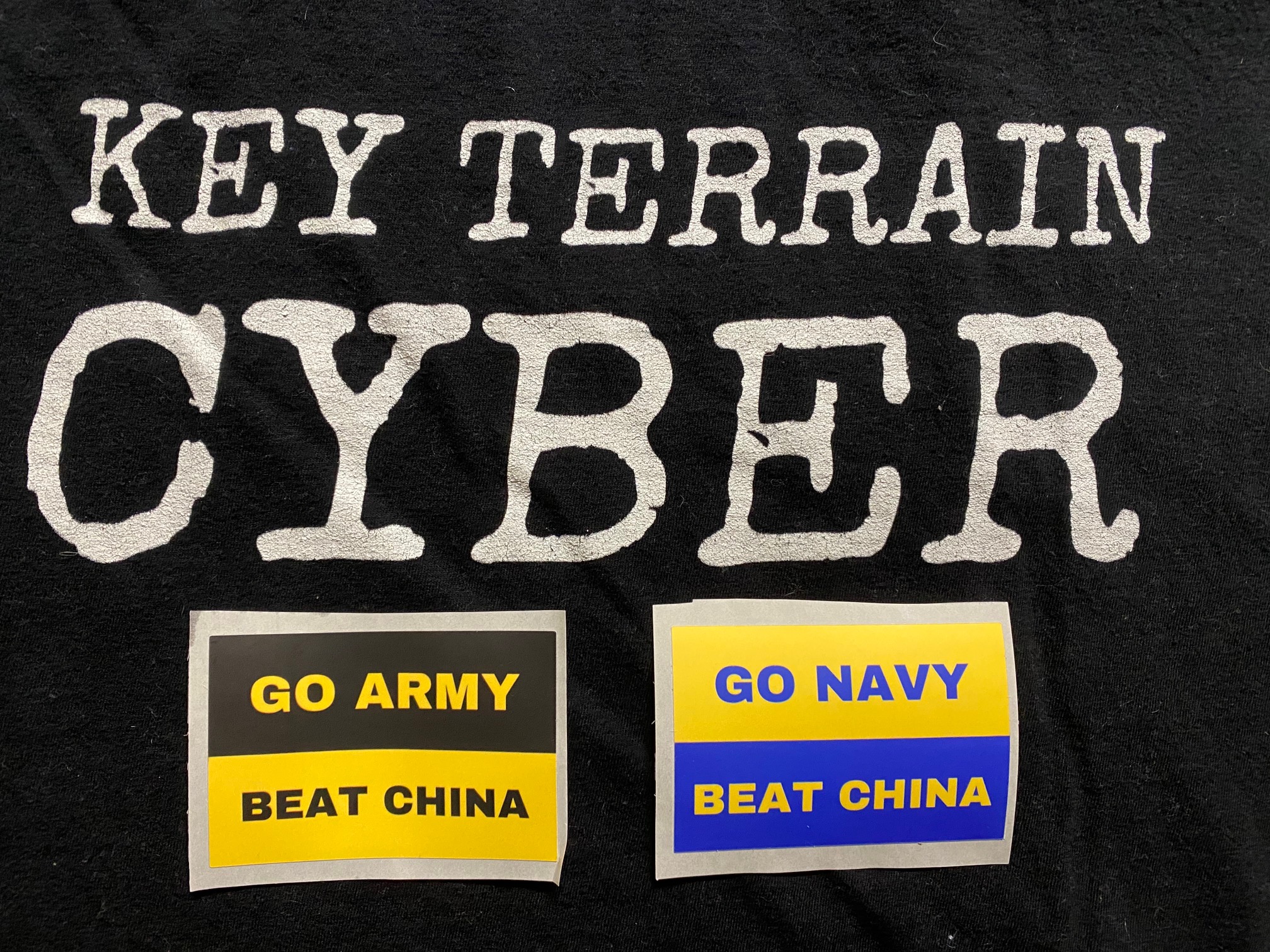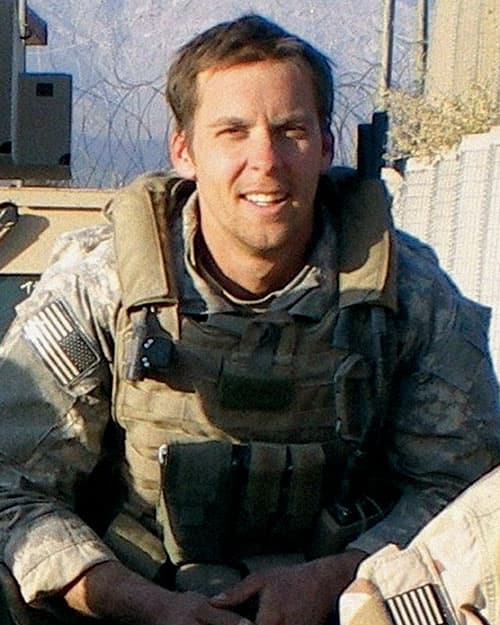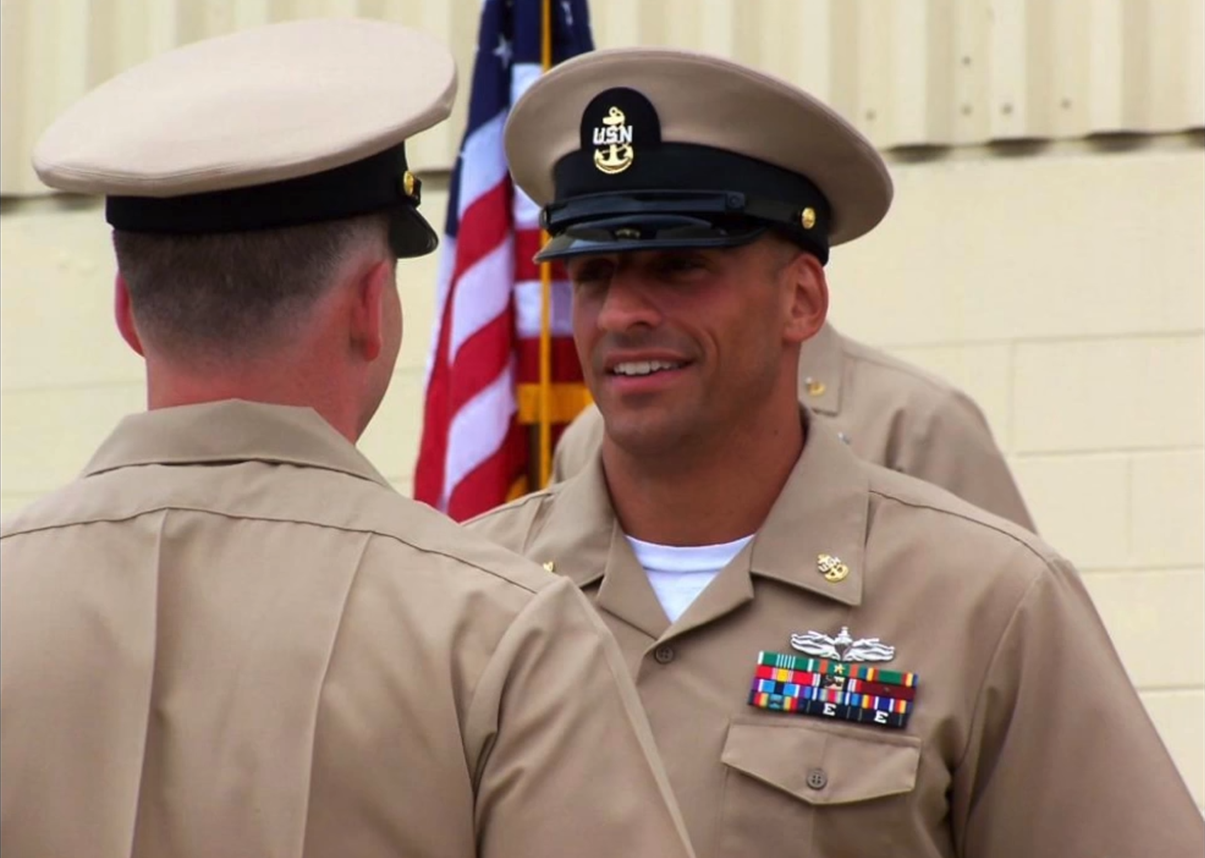The 2014 Russo-Ukrainian War
Chapter 1: Echoes of Political Warfare
Russia, Belorussia, and Ukraine all trace their history back to a group of Vikings, known as Vangarians, who left their homes in Eastern Sweden for Russian shores in the late 9th century. Prince Oleg the Prophet established the Kievan Rus empire in 882 and started a dynasty that ruled over Russia until the Mongol invasion in the 13th century. Roman the Great, a Novgordian prince, established the Kingdom of Ruthenia in 1253 on lands that encompass modern day Ukraine and Belarus. Ruthenia existed for less than a century before the Polish and Lithuanian kingdoms conquered it and divided up its territories. These lands exchanged hands between different empires until the 18th century when Catherine the Great expanded the borders of the Russian Empire across the Baltics, the Caucasus mountains, and the Crimean Peninsula.
In many ways, Russia and Ukraine are fighting over an origin story. To the Ukrainians, they are proud descendants of the Kievan Rus nation that started in Ukraine. They share a connection with the Russians and Belarusians, but Ukraine has always been its own nation. Russia, on the other hand, doesn’t recognize Ukraine as a legitimate country. From Vladimir Putin’s perspective, Ukraine is merely a rebellious province that is pretending to be a country.
This is not conjecture. Russian President Vladimir Putin presented this argument himself in a five thousand word essay that he published in 2021. His paper claims that Ukraine and Russia have always been one nation that share a singular history. The Mongol invasion in the 13th century splintered this nation into multiple principalities but to Putin these were all parts of Russia that yearned to be complete again.[i] In June 2022, Putin compared himself to Peter the Great in a television interview and argued that fighting to recover stolen lands one of Russia’s core values.[ii] From his viewpoint, traitors have always tried to rob Russia of Ukraine. Heroes like Prince Oleg, Catherine the Great, and now President Vladimir Putin must defeat villains like Roman the Great and Volodymyr Zelenskyy to protect the territorial integrity of Mother Russia. President Putin aims to join this pantheon of famous Russian heroes by liberating the innocent Ukrainian people from their Nazi and fascist oppressors

The Nazi connection here is confusing without historical context. A group of Ukrainian separatists established a revolutionary group called the Organization of Ukrainian Nationalists (OUN) in the 1930s to liberate Ukrainian territory from Poland. One their leaders, Stepan Bandera, saw an opportunity to achieve this goal when the Germans invaded Poland. He and the OUN actively worked with the Nazis in World War II to fight the Poles and the Soviets. The OUN and other Ukrainian nationalists also actively participated in the Holocaust and killed thousands of Jews in Urkaine.[iii] This isn’t ancient history to the Ukrainians. Many Ukrainians see Bandera as a national hero who fought to liberate their homeland from the Soviets. Hundreds, sometimes thousands, of Ukrainians gather in Kiev every year to celebrate his birthday. The Ukrainian parliament officially commemorated the 110th anniversary of his birth in 2019.[iv] They downplayed his connection to the Nazis in a press release but his antisemitism and collaboration with the Nazi Germany is well documented.
Stepan Bandera is a complicated figure and celebrating his legacy can have political ramifications. This is a lesson that Viktor Yuschenko learned when he ran for President in 2004. The Russian Federation used Yuschenko’s admiration for Bandera and other Ukrainian freedom fighters to paint him as a Nazi. They promoted these narratives over Russian and Ukrainian media outlets. Russian intelligence operatives even paid a Ukrainian man named Eduard Kovalenko to establish a Neo-Nazi group and lead marches in support of Yuschenko’s presidential campaign in 2004.[v]
While Viktor Yushchenko did support Bandera’s legacy, he had no real connection to Kovalenko and other fascists groups that supported him. Yushchenko’s real crime, at least in Putin’s eyes, was that he wanted to lead Ukraine towards the European Union and away from Russia. This put him squarely in the Kremlin’s cross hairs and made him their primary target for political warfare. Russia has been manipulating governments for over a hundred years. For example, the Soviet Union helped the communist party of Czechoslovakia take control of the government during World War II. The NKVD secret police planted communists in the media, police, and government. They continued to deepen their control of Czechoslovakia’s institutions until 1948 when the communists formally took power over the government.[vi] The Russian Federation came very close to achieving the same outcome in Ukraine.
Viktor Yanukoych, the Russian backed candidate running for the Ukrainian Presidency in 2004, was not polling well ahead of the elections. Yanukoych was born in Eastern Ukraine, where he served as Governor from 1997 to 2002, and traced his roots back to Russia and Belarus. He was popular in Crimea and Eastern Ukraine, but his consistent support for Moscow made him unpopular in the rest of the country. Popularity only matters in legitimate elections, however, and the Russian Federation helped their candidate win the Ukrainian national elections through a combination of electoral fraud and voter intimidation.[vii] Yushchenko demanded a run-off election but paid a price for contesting the original results. He fell mysteriously ill shortly after protesting the elections. Doctors discovered traces of a powerful dioxin in his blood stream, a powerful chemical agent that almost killed him and left his face disfigured.[viii]
This Russian electoral interference sparked an uprising in Ukraine, known as the Orange Revolution, that ended after Yanukoych conceded and Yushchenko assumed the presidency in 2005. This didn’t stop Russia from trying again of course. The poor state of Ukrainian economy provided Russia an opportunity to usher their candidate into office. Yanukoych won the presidency in 2010 amidst allegations of electoral fraud and corruption.[ix] His pro-Russian platform helped the Kremlin meet their objectives in Ukraine, but ultimately doomed his administration. Yanukoych abandoned a popular trade agreement with the European Union in 2013 and pursued deeper economic ties to Moscow instead. Many Ukranians saw this agreement as a pathway to eventual ascension to the EU and correctly attributed Yanukoych’s resistance to Russian influence. People took to the streets across Ukraine to express their disapproval.
The Euromaidan protests spurred the Ukrainian parliament into action and they forced Yanukoych to step down in 2014. Russia may have lost their puppet in Kiev, but they had other supporters in Ukraine they could turn to. The Soviet born leader of the Russia United party in Crimea, Sergei Aksyonov, took this opportunity to grow support for Crimea’s independence. Aksyonov was a relative newcomer to politics. Most of his experience was in crime. Aksyonov earned the nickname ‘Goblin’ working as a capo for the Salem criminal syndicate. He rose through the ranks of the Ukranian mafia until he led his own criminal brigade.[x] These connections proved useful in 2014 when Aksyonov changed careers from politician to separatist leader. The Goblin raised a militia Army and asked President Putin to help him secure Crimea’s independence from Ukraine. Aksyonov seized the Crimean parliament on February 27th, 2014 and called for a vote on Crimea’s independence. The parliament voted to secede from Ukraine and appoint Aksyonov as the first Prime Minister of Crimea. Both votes were unanimous even though not all the legislators were present.[xi] Conditions were now set for Russia to seize Crimea from Ukraine.

Key Terrain Cyber is dedicated to the professional development of our cyber workforce and information warfare community. We offer all our programs at no cost to readers, including our professional journal, mentorship and fellowship programs, and information warfare memorial. Our team of unpaid volunteers work hard to keep this site running and appreciate any support you are willing to give us.
There are sevearal ways you can help us spark innovation, disseminate good ideas, and remember our fallen. You can donate to KTC via the paypal button or venmo graphic below and help us cover our operating costs. Buying Key Terrain Cyber merchandise from our webstore is another excellent way to show your support for our programs and look good in the process.
Interested in volunteering your time? Contact us at [email protected] if you want to learn more about becoming a volunteer, staff member, or senior fellow. Finally, you can thank our staff by using the button below to buy us a coffee or a beer.
[i] Putin, V. (July, 2021) On the Historical Unity Of Ukrainians and Russians. http://en.kremlin.ru/events/president/news/66181
[ii] Roth, A. (June, 2022) Putin Compares Himself to Peter the Great in Quest to take back Russian Lands. The Guardian. https://www.theguardian.com/world/2022/jun/10/putin-compares-himself-to-peter-the-great-in-quest-to-take-back-russian-lands
[iii] Delphine, Bechtel (2013). The Holocaust in Ukraine – New Sources and Perspectives – The 1941 pogroms as represented in Western Ukrainian historiography and memorial culture. The Center for Advanced Holocaust Studies. https://www.ushmm.org/m/pdfs/20130500-holocaust-in-ukraine.pdf
[iv] Pitt, B. (March 2022) Ukraine and the Bandera Cult. Medium. https://medium.com/@pitt_bob/ukraine-and-the-bandera-cult-b15c6edf5c76
[v] Introvigne, M. (March, 2022) Eduard Kovalenko: A Pseudo Nazism Created by the Russians. Bitter Winter Magazein. https://bitterwinter.org/nazism-in-ukraine-separating-facts-from-fiction/#Eduard_Kovalenko_A_Pseudo-Nazism_Created_by_the_Russians
[vi] U.S. National Archives. (1963) Czechoslovakia From Liberation to Communist State, 1945-63. U.S. State Department. https://www.gale.com/binaries/content/assets/gale-us-en/primary-sources/archives-unbound/primary-sources_archives-unbound_czechoslovakia-from-liberation-to-communist-state_1945-1963_records-of-the-us-state-department-classified-files.pdf
[vii] CNN. (November, 2004) Powell ‘Fraud and Abuse in Ukraine Vote’. CNN https://www.cnn.com/2004/US/11/24/powell.ukraine/index.html
[viii] Rupar, T. (March, 2014) Remember when a Ukrainian presidential candidate fell mysteriously ill? The Washington Post. https://www.washingtonpost.com/news/worldviews/wp/2014/03/12/remember-when-an-ukrainian-presidential-candidate-fell-mysteriously-ill/
[ix] Weir, F. (February, 2010) Ukraine Election Growing Concern of Fraud. Christian Science Monitor. https://www.csmonitor.com/World/Europe/2010/0205/Ukraine-election-Growing-concern-of-fraud
[x] Luhn, A. (October, 2014) Separatist Leader with Murky Past Cements Control of Crimea. Vice News. https://www.vice.com/en/article/gynnk3/separatist-leader-with-murky-past-cements-control-of-crimea
[xi] Shuster, S. (March, 2014) Putin’s Man in Crimea Is Ukraine’s Worst Nightmare. Time
https://time.com/19097/putin-crimea-russia-ukraine-aksyonov/

